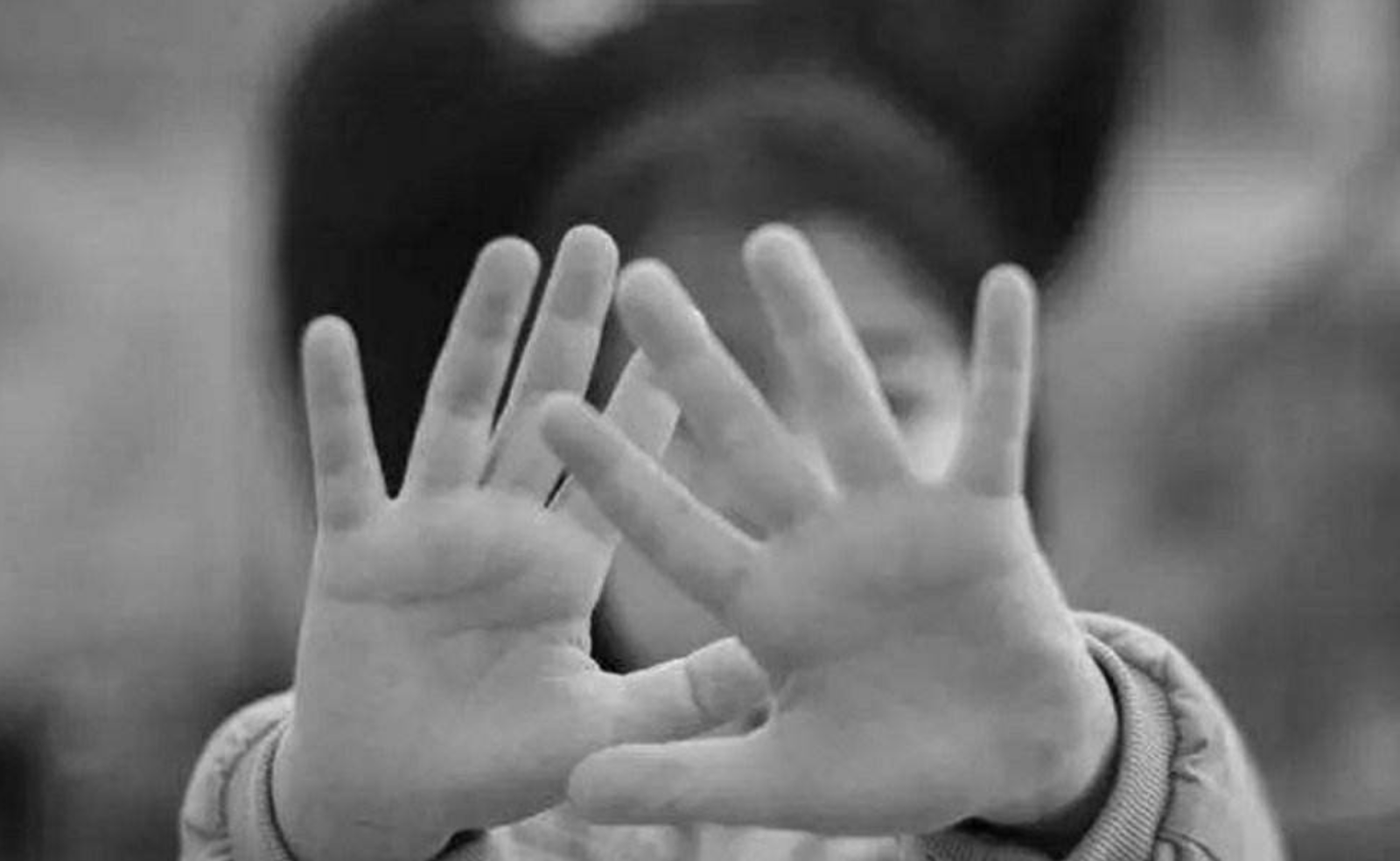China vows to take a hardline on child sexual abuse
China vows to take a hardline on child sexual abuse

On July 24, the Supreme People’s Court of China released information about its handling of four “typical” cases that involve sex crimes against children. According to a court official, the revelation of its decisions on the cases indicates that China has adopted a “zero tolerance” attitude toward sexual abuse of minors and is striving to raise public awareness of the issue.
Per China Youth Daily (in Chinese), the justice system’s declaration of its stance on child sexual abuse is timely because this kind of assault has become a hidden, growing epidemic in China in the past few years. Since 2017, courts across the country have heard more than 8,000 cases of child sexual abuse. The reality is probably even more disturbing because cases reported to authorities each year likely fall far short of the actual number.
“Child sexual abuse is a significantly under-reported crime since it often happens in private,” the official said, adding that a notable percentage of claims do not enter legal process due to an array of “objective and subjective reasons,” such as child victims’ fear of making their allegations public, and the difficulty of validating statements from minors.
Danger on the internet
A worrying trend manifested by the cases disclosed by the court is that the internet has become an increasingly dangerous place for minors. In two cases, the victims and perpetrators first connected online. In one case, offender Jiǎng Chéngfēi 蒋成飞, who lied to victims saying that he worked in the television industry and was looking for talent, solicited nudes from children aged 10 to 13 years and continued blackmailing them for sexually explicit photos and videos. Jiang was sentenced to 11 years in prison. In another case, a 32-year-old male from Sichuan Province molested a 13-year-old boy in a hotel room after the two met on a dating app.
Recent statistics released by a number of courts across the country show that cases where child victims and attackers first connected on the internet account for nearly 30 percent of all reported child sexual abuse cases in the past few years. In response to this evolving phenomenon, the official urged the government, companies, schools, and parents to make a concerted effort to create a “safe, healthy, and green” cyberspace for children to navigate.
The problem of pedophile teachers
Meanwhile, child sex abuse inflicted by school teachers remains an alarming problem that needs to be properly addressed. In one case cited by the court, a math teacher in Tianjin was sentenced to 11 years and 6 months in jail after being caught molesting eight students in his class, in a span of two years. “The fact that his behavior went unnoticed for such a long time requires some contemplation,” the court’s description of the case reads. “It should serve as a warning that schools and relevant government departments should intensify supervision of school staff ethics. To avoid similar cases from happening in the future, schools and parents should place more emphasis on teaching children how to better protect themselves.”
However, judging from an article (in Chinese) published by the Beijing News yesterday, in which a reporter discovered that only two of the 27 kindergartens and schools she visited had sex education courses, it seems like China’s severe lack of sex education at school continues to pose a major threat to children.
To emphasize the supreme court’s new approach to cases involving child victims of sexual attack, officials stressed that death penalties, which have in the past rarely been imposed on sexual offenders who victimized children, are now potential outcomes. For instance, in one example released by the court, a man in Guizhou Province was sentenced to death after raping and killing a five-year-old girl.
While the harsh tone of the supreme court was praised by many people on the Chinese internet, some internet users remained skeptical, saying that the court’s handling of several ongoing high-profile cases will prove whether China’s justice system is truly committed to battling sex crimes against minors. “I’ll be convinced if you can properly punish that horrendous man in Shanghai!” a Weibo user commented (in Chinese), referencing Wáng Zhènhuá 王振华, the chairman of real estate enterprise Future Land, who was detained by Shanghai police early this month on charges of child rape.






